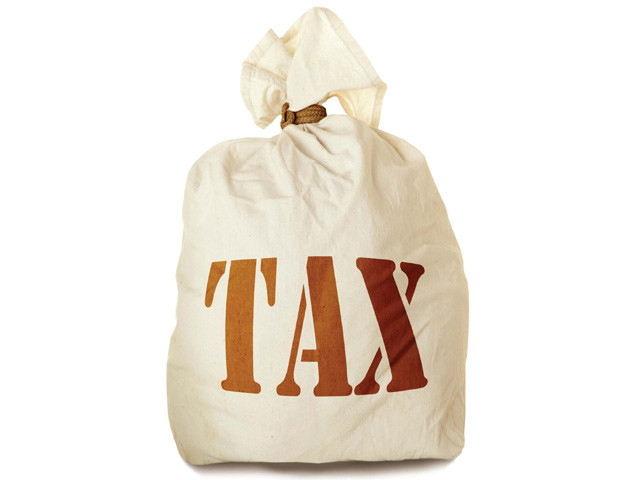Help your own: UK MPs press for aid halt until Pakistani elite pay more taxes
Call on next govt to tackle rampant corruption and tax evasion.

Britain is due to double its assistance to Pakistan to $675 million in 2014-2015, making it the biggest recipient of British aid. DESIGN: ESSA MALIK
Britain should not go ahead with a major increase in aid to Pakistan unless Islamabad makes its wealthier citizens pay more taxes, British lawmakers said on Thursday.
Britain is due to double its assistance to Pakistan to $675 million in 2014-2015, making it the biggest recipient of British aid.
But parliament’s International Development Committee said it was unfair for Britain to fund health and education projects unless Pakistan’s new government, due to be elected in May, tackles “rife” corruption and tax evasion.
“We cannot expect people in the UK to pay taxes to improve education and health in Pakistan if the Pakistani elite are not paying income tax,” the committee said in a report.
“Pakistan’s rich do not pay taxes and exhibit little interest in improving conditions and opportunities for poor.”
Citing figures from the Pakistan Board of Revenue, the committee said only 0.57 per cent of Pakistanis paid income tax last year -- and that no one has been prosecuted for income tax fraud for at least 25 years.
Less than 30 per cent of Pakistan’s members of parliament pay tax, it added.
The committee said there was a “powerful case” for continuing its aid programme to Pakistan, a country with “real poverty and serious security problems” as well as strong links to its former colonial power.
According to the Telegraph, Sir Malcolm Bruce, chairman International Development Committee said that arguing over whether to continue the development aid programmes “will neither respect nor resolve the substantial basic barriers to opportunity and development faced by millions of people in Pakistan.”
However, the report added that past donations have often failed to reach the poor because of corruption.
There have been repeated allegations that British aid is being channeled through the Benazir Income Support Programme to bankroll the election campaign of PPP, a report in Telegraph said.
According to the British newspaper, Ehtisham Ahmad, a visiting fellow at the London School of Economics, said Britain’s Department for International Development (DfID) was pouring money into a scheme riven by “clientelism”.
“It is not stolen to the extent to which previous cash transfers were stolen, but this is the mechanism - which is funded partly by DfID - to make friends and influence people. This is the re-election campaign of Mr Zardari, which is funded by DfID,” he said.
Demanding reforms, Britain’s international development ministry said aid was “predicated on a commitment to economic and tax reform”.
“We have made it clear to government and opposition politicians in Pakistan that it is not sustainable for British taxpayers to fund development if Pakistan is not building up its own stable tax take,” a spokesman said.
“Following the election we will make available practical assistance to the incoming government to help deliver reform of the Pakistan tax system and work with the IMF, but tax and economic reform must take place.”
Published in The Express Tribune, April 5th, 2013.



















COMMENTS
Comments are moderated and generally will be posted if they are on-topic and not abusive.
For more information, please see our Comments FAQ